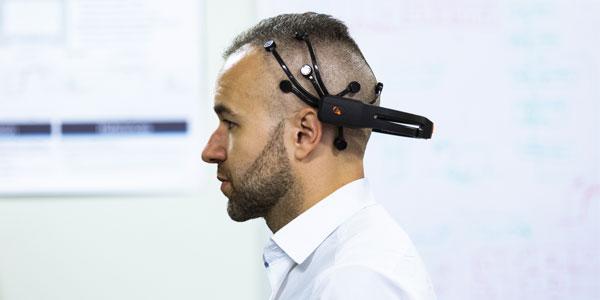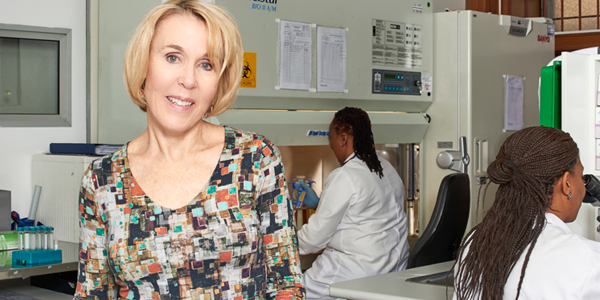Wits heroes confront COVID-19
- Wits University
Amongst the best in their fields, Wits experts are at the frontlines and behind-the-scenes against COVID-19, the respiratory disease caused by the coronavirus.
Eminent academics at Wits University in disciplines including epidemiology, medicine, public health, biomedical engineering, governance, and others, are the unsung heroes leading the charge against COVID-19.
The pandemic galvanized President Cyril Ramaphosa on Sunday, 15 March 2020, to invoke a state of disaster in South Africa, and then a national lockdown effective midnight, Thursday, 26 March 2020.
There is hope against this viral pandemic, however.
In concert with the National Institute of Communicable Diseases (NICD), the Department of Health, and the South African government, an army of heroic scientists at Wits are helping to understand, predict, and contain COVID-19, manage the public health and socio-economic impact, and develop treatment and care regimens.
The Wits heroes mentioned here represent just a fraction of the University’s community of academic, professional, and support staff who all are working tirelessly and contributing in multiple ways to mitigate this state of disaster.
We salute you all.
Understanding the enemy
- Professor of Epidemiology in the Wits School of Public Health, Cheryl Cohen is a medical doctor and co-head of the Centre for Respiratory Disease and Meningitis at the NICD. Through her work she aims to generate evidence to guide policy for the control of respiratory diseases. In 2009, she led the establishment of a national surveillance programme in South Africa for severe acute respiratory infections. She is at the forefront of COVID-19 case-finding, diagnosis, management and public health response. In this video, Cohen explains how the NICD Help Lines can assist the public and healthcare workers respectively.
- Adriano Duse is Professor and Head of Department of Clinical Microbiology and Infectious Diseases at Wits. On 12 March 2020, Duse delivered a public lecture entitled, Myths and Facts about SARS-CoV-2: The COVID-19 Outbreak 2019-2010 – What you can do to reduce infection risk, hosted by the Wits Students’ Pathology Society. In January 2020, Duse delivered a radio Masterclass on Superbugs. Listen to the podcast.
- Kerrigan McCarthy is a clinical microbiologist and Head of the Division of Public Health, Surveillance and Response at the NICD. Here her responsibilities include oversight of the Outbreak Response Unit, Notifiable Medical Conditions and GERMS-SA surveillance. McCarthy lectures in the Wits School of Public Health.
- Amongst the virus hunters interrogating the epidemiology [patterns and causes of disease] of Covid-19 is microbiologist Lynn Morris, a Research Professor in the School of Pathology at Wits and the Interim Executive Director of the NICD. Morris is internationally recognised for her work in understanding how the antibody response to HIV develops. A National Research Foundation A-rated scientist, she is amongst the most highly cited researchers in the world. Morris has a lifetime’s experience fighting viruses. She explains why COVID-19 presents one of the greatest challenges yet for South Africa and the world.
-600x300.jpg)
Understanding each other
- A Distinguished Professor of Medical Anthropology and Public Health, Lenore Manderson is internationally renown for her work in anthropology, social history and public health. She has played a leading role in training and research in inequality, social exclusion and marginality, the social determinants of infectious and chronic disease, gender and sexuality, immigration and ethnicity, in Australian, Asian and African settings.
The advent of COVID-19 prompted the Institute of Plumbing South Africa (IOPSA) to contact Wits for an expert to deliver a Q&A webinar for their members. Given the requirement of taps and plumbing for hand-washing, hygiene and sanitation against the virus, coupled with social distancing, quarantining and isolation protocols, plumbers were understandably concerned. Manderson participated in a 1.5-hour long Q&A session for IOPSA. Watch the PIRB Breakfast Tech Talk – Virus Q&A webinar.
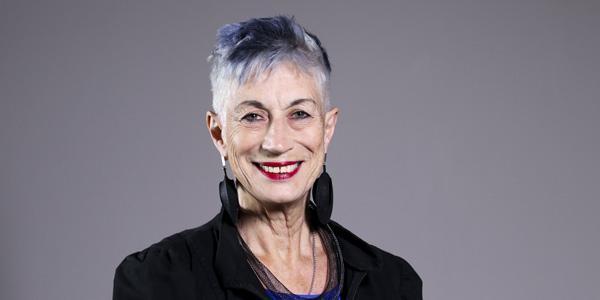
- Associate Professor Jo Vearey is the Director of the African Centre for Migration & Society at Wits and Director of the African Research Universities Alliance (ARUA) Centre of Excellence on Migration & Mobility. Given that the coronavirus spread originally via travelling, Vearey cautions against “hypocrisy in a time of Covid-19” and advocates that foreign migrants be included in the Covid-19 response. “The sanctimony of moving from blaming foreign migrants to now rendering them invisible in a critical public health moment will have implications for our response to Covid-19,” says Vearey.
In this podcast, Vearey discusses how South Africa’s impending winter, an historical HIV-AIDS pandemic, and xenophobic attitudes combine to generate surprising and unexpected responses to Covid-19.
Towards treatment
- Professor of Vaccinology and paediatrician, Shabir Madhi is Director of the Medical Research Council Respiratory and Meningeal Pathogens Research Unit (RMPRU) at Wits. Madhi holds the NRF/SARChI Chair in Vaccine Preventable Diseases. His research has focused on the epidemiology and clinical development of lifesaving vaccines against pneumonia and diarrhoeal disease and has informed the WHO recommendations on the use of the lifesaving pneumococcal conjugate vaccine, rotavirus vaccine, and influenza vaccination of pregnant women.
Madhi is the immediate past Director of the NICD and former President of the World Society of Infectious Diseases. He has consulted to the WHO in the fields of vaccinology and pneumonia and to the Bill and Melinda Gates Foundation on pneumonia.
Watch Madhi explain how coronovirus enters the body. Read why pregnant women are not more prone to contracting COVID-19.
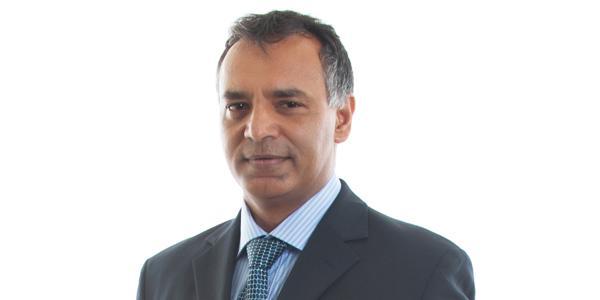
- On the treatment front, Professor Helen Rees is Executive Director of the Wits Reproductive Health and HIV Institute (Wits RHI). She chairs the World Health Organization’s (WHO) African Regional Immunization Technical Advisory Group and she is Co-Chair of WHO’s Ebola Vaccine Working Group. South Africa is one of 10 countries involved in an urgent global trial, "Solidarity", announced by the WHO to identify the most effective treatment for coronavirus. Listen to Rees discuss South Africa's role in this global study.
- Renowned HIV expert, Professor Francois Venter is Director of Ezintsha and Deputy Executive Director of Wits RHI. With an active interest in public sector access to HIV services, medical ethics and human rights, Venter is attuned to the impact of COVID-19 on those with comorbidities such as HIV and TB. He is an advisor to the South African government, to the Southern African HIV Clinicians Society and to the WHO. Venter speaks from quarantine about the changing landscape of COVID-19 and the fundamental role that behaviour change plays in reducing infection.
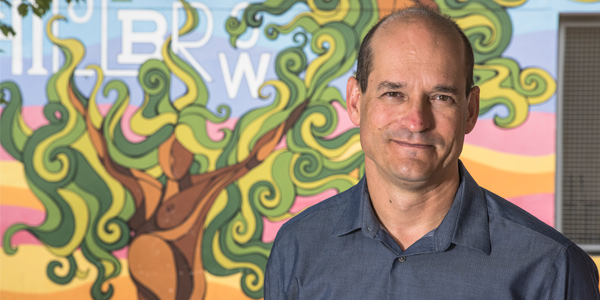
Caring for the sick
Professor Feroza Motara is Academic Head of Emergency Medicine in the School of Clinical Medicine at Wits and at Charlotte Maxeke Johannesburg Academic Hospital - where the first COVID-19 patient in Gauteng was treated. Motara has since December 2019, when news of the virus broke, been preparing her team and the hospital to care for the ill. Read Motara’s comments about how healthcare workers on the frontline of the pandemic are coping. “We’re in the profession because there is that dedication and commitment. You still have to go to work and do what you need to do,” she says.
Big Data battle lines
- Predicting and anticipating the trajectory of the virus to mitigate casualties and inform policy requires number-crunching, modelling, and analysis of Big Data. An interdisciplinary team of researchers at Wits this week launched the most comprehensive data dashboard to date on the COVID-19 virus in South Africa. Wits School of Physics Professor Bruce Mellado-Garcier, who initiated the project, says: “We are experts in analysing and interpreting big data, and we believe that it is important that someone put this data together and present a bigger picture of the impact of the virus on the country.”
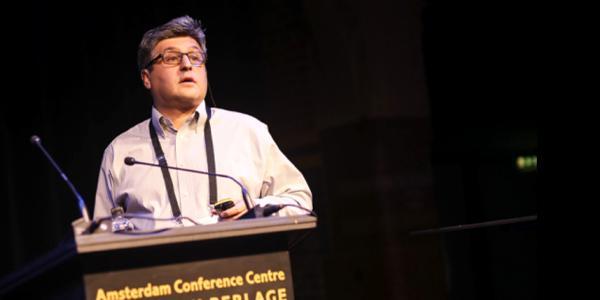
- Similarly, the Gauteng City-Region Observatory (GCRO) has developed an interactive map showing the province’s vulnerability to Covid-19. Dr Julia De Kadt, et al, devised this Map of the Month. The GCRO is a partnership between Wits University, the University of Johannesburg, and the Gauteng Provincial Government. Its mandate is building strategic intelligence through improved data, information, analysis and reflective evaluation, for better planning, management and co-operative government.
Expert commentary advancing policy
- Professor Karen Hofman is Director of the SAMRC/Wits Centre for Health Economics and Decision Science (PRICELESS SA), a research-to-policy unit that provides evidence, methodologies and tools for effective decision-making in health. PRICELESS SA analyses how scarce resources can be used effectively, efficiently, and equitably to achieve better health outcomes. Some PRICELESS SA research has shown how fiscal, regulatory and legislative levers can improve health via social determinants.
Hofman, with Susan Goldstein, Deputy Director of PRICELESS SA, wrote one of the earliest articles advocating hand-washing, which has since become COVID-19 protocol.
- Economist Prof. Imraan Valodia, Dean of the Faculty of Commerce, Law and Management at Wits, is currently coordinating an international study, in 10 cities, of the informal economy. His research interests include employment, the informal economy, gender, and industrialisation. He is a part-time member of the Competition Tribunal and a Commissioner on the Employment Conditions Commission and Chair of the National Minimum Wage Advisory Panel.
“The COVID-19 crisis is first and foremost a health and humanitarian crisis that we are all living through, which is likely to have lasting impacts on how we live. It is also likely to have a lasting impact, in the long term, on how we conduct our economic lives”, says Valodia. Read his analysis of the risks on economic inaction of COVID-19.

- In the School of Governance, Adjunct Professor Alex Van Den Heever holds the Chair in Social Security Systems Administration and Management studies, which seeks to develop the field of social security postgraduate teaching and research in Africa and South Africa. Van Den Heever has worked in the areas of health economics and finance, public finance and social security. His research interests span healthcare management, healthcare quality, healthcare delivery, cost and economic analysis, health equity, health inequality and disparities, and preventive medicine. Read Van Den Heever’s analysis of the health and economic ramifications of COVID-19.
Innovating against infection
-
In the Faculty of Science, Head of the School of Molecular and Cell Biology, Prof. Marianne Cronje and her team took the initiative to synthesise virus-killing surface disinfectant and provided limited quantities of this disinfectant freely to University workers ahead of lockdown. The production plant has now been shifted to PIMD, while the school retains scientific oversight.
In the school’s Protein Structure Function Research Unit, Prof. Yasien Sayed coordinated the donation of 56 boxes of protective gloves to healthcare workers at the Chris Hani Baragwanath Hospital, after a Wits medical intern mentioned the shortage. Gloves and other PPE (personal protective equipment), such as masks, are critical to preventing infection.
- Michael Lucas, a PhD candidate in the School of Mechanical Engineering has developed a revolutionary infection control solution. WATCH Lucas explain how his self-sanitising surface coating will help to address nosocomial [hospital-acquired] infections, as well as mitigate contamination of food processing plants and public transport surfaces. The Antimicrobial Coating Technology is now in its fifth year of development, with implications of preventing infection beyond COVID-19.
- Adjunct Professor in Biomedical Engineering David M. Rubin leads the Biomedical Engineering Research Group in the School of Electrical and Information Engineering at Wits. Rubin and biomedical engineer and lecturer, Adam Pantanowitz are working on a model to show the effect of intermittent quarantines. It is currently very limited, but may have some benefit in terms of maintaining essential services and some continuity of economic activity. “At this stage, we’re only demonstrating the concept on standard viral epidemic models rather than a specific COVID-19 model,” cautions Rubin.
